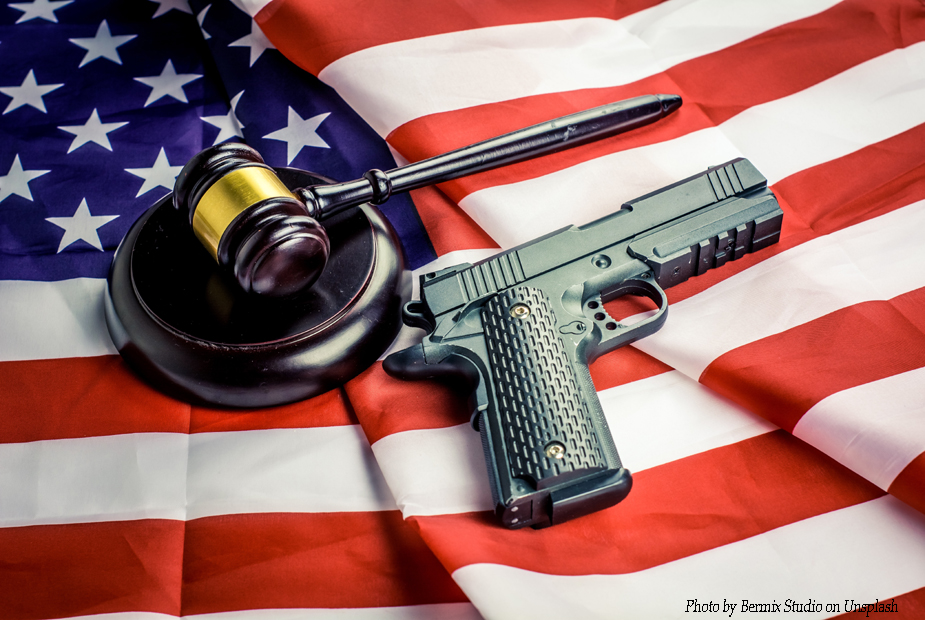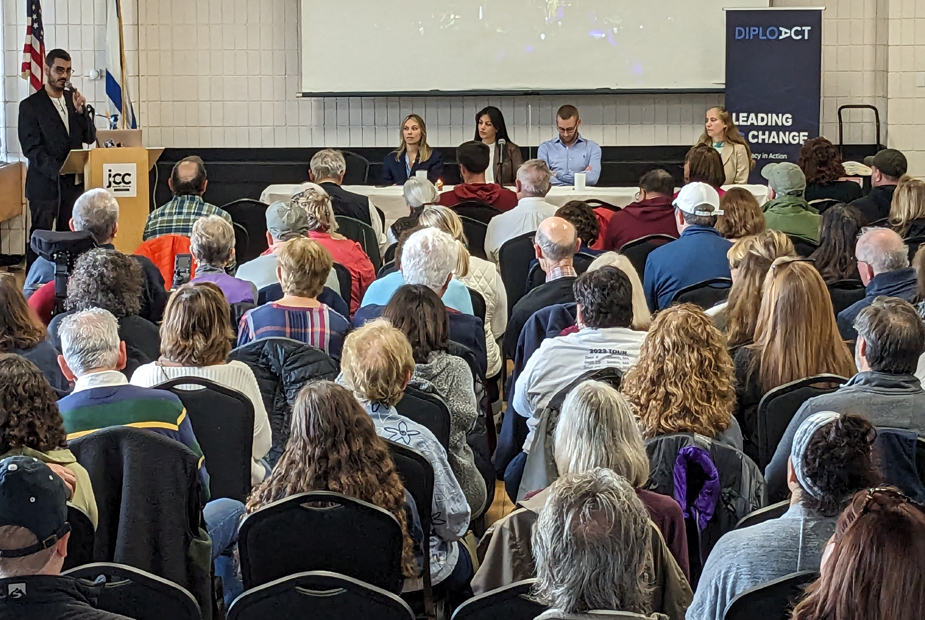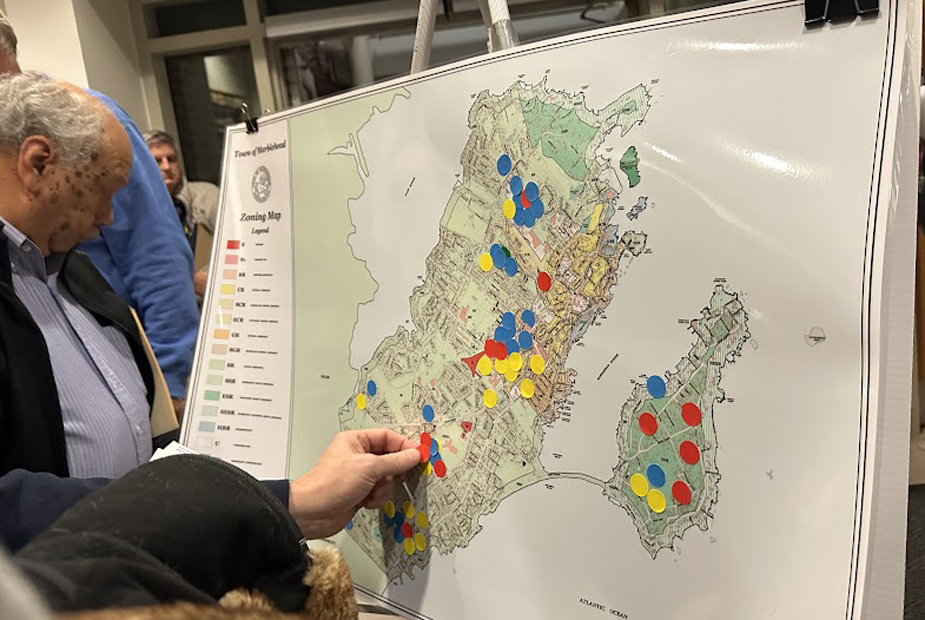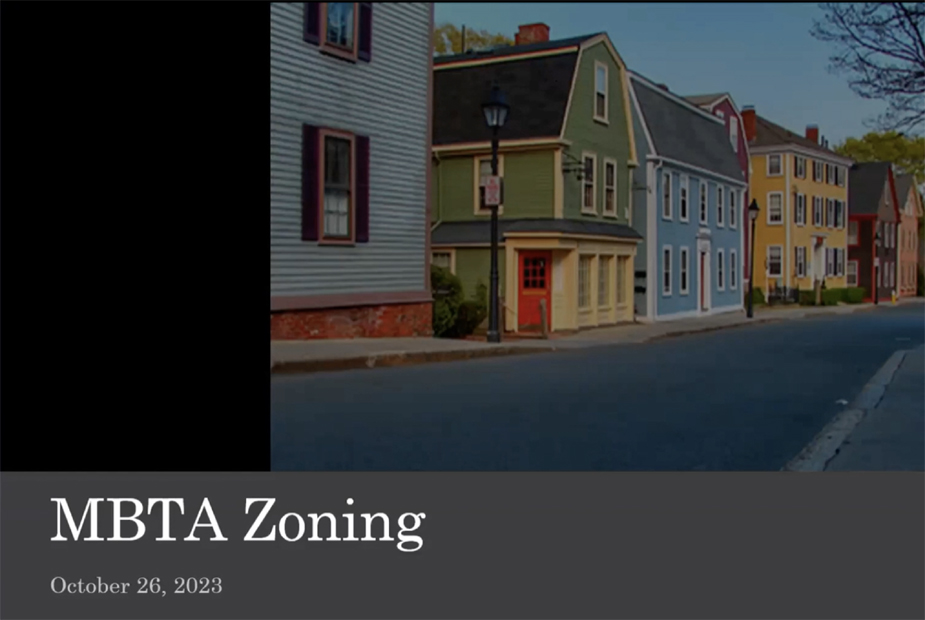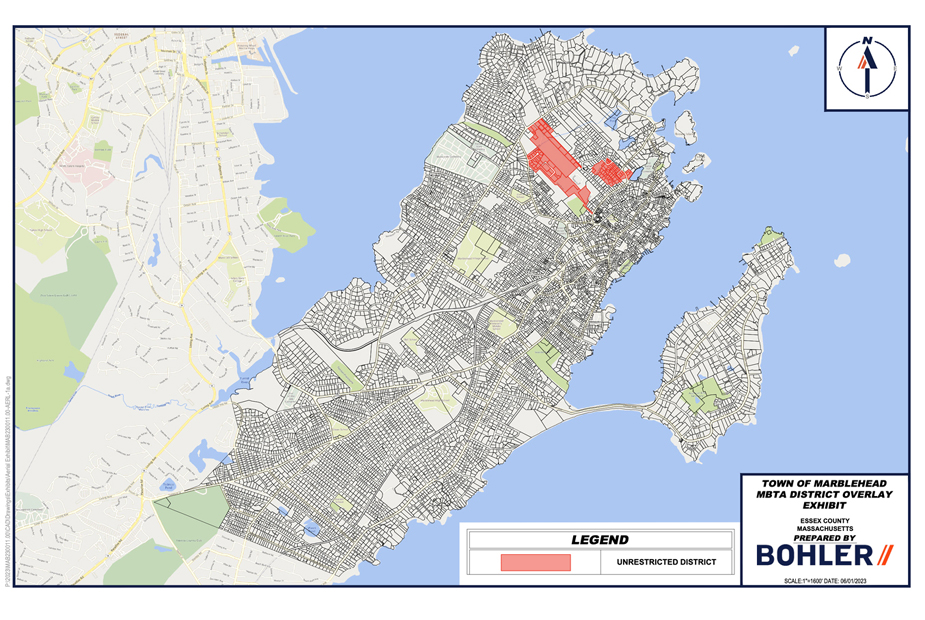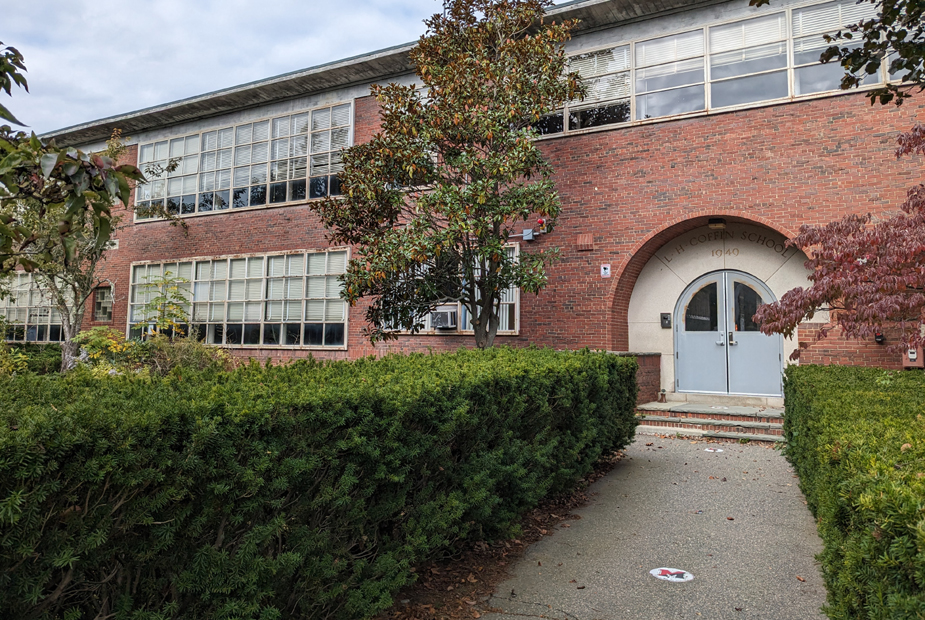How Would Recent Gun Legislation Impact Marbleheaders?
By Jennifer Lederman and Lena Robinson
On October 18, 2023, the Massachusetts House of Representatives passed House Bill No. 4139 (previously called H4135) with a vote of 120 in favor and 38 opposed, with two members absent. All of the Republicans voted nay, along with one independent and 12 Democrats.
The bill—entitled “An act modernizing firearm laws”—includes a variety of modifications and additions to Massachusetts laws governing firearm ownership and related matters. The bill, however, is not yet law. The Massachusetts Senate first needs to pass its own version, then reconcile that version with the House bill. The unified version would then need to be signed by Governor Maura Healey.
While this process is likely to take many months, Democrat leaders at the State House—including local state representative Jenny Armini—have made clear that the passage of more stringent laws is a priority, as is ensuring that a joint bill gets on a fast track to approval. If the final bill resembles the one recently approved by the House, Massachusetts residents—already subject to some of the strictest gun laws in the United States—will have further limitations placed on where and when they can legally carry firearms, as well as which firearms they will be allowed to purchase.
Active Gun Licenses in Marblehead
Two main types of gun permits can be issued in the Commonwealth of Massachusetts. Firearm Identification Cards (FID) allow those who are 18 and older (or, with parental consent, even younger) to possess certain non-large capacity types of rifles and shotguns. The more popular License to Carry (LTC)—which enables the holder to possess and carry approved types of rifles, shotguns, and handguns—is limited to those 21 and older.
Based on data from the 2022 census, Marblehead has 20,233 residents, of whom 22.9 percent (or 4,633) are under the age of 18. Among the remaining 15,600 Marblehead adults, 1,417 have been granted a License to Carry, and 59 a Firearm Identification Card. In addition, eight Marbleheaders have the significantly more rare “License to Possess a Machine Gun,” which is only issued to licensed firearms instructors who conduct police training or to those considered “bona fide collectors”—a designation that does not allow usage for sport or as a weapon.
Impacts of Recent Supreme Court Decision
Gun laws currently on the books in Massachusetts began to receive additional scrutiny in the wake of last year’s Supreme Court ruling—known as the Bruen decision—that struck down a New York state law seeking to place strict restrictions on concealed firearms. The six-to-three decision from the highest court in the country ruled that the state’s licensing regime was unconstitutional because it required that individuals who wanted to receive a concealed-carry permit must demonstrate a special need for self defense.
In Massachusetts, police chiefs in each community have traditionally had discretion as to whether or not to grant firearms identification or concealed-carry licenses, with the law noting that they could do so for individuals who could show “good reason to fear injury” or “for any other reason.” In the summer of 2022, the language of the applicable Massachusetts law was amended to comply with Bruen to state that the licensing authority “shall issue” a license so long as an individual is “neither a prohibited person nor determined to be unsuitable.” In addition, the Mass.gov website specifies that, in the wake of the ruling, any previous restrictions that limited a gun license to specific circumstances such as hunting, target shooting, or employment are no longer enforceable. Several lawsuits currently in process are challenging Massachusetts’ interpretation of the Bruen ruling.
A Quick Gun Overview
Simply speaking, guns generally fall into two primary categories: handguns and long guns. Within the category of handguns, there are two main types: revolvers and semiautomatics. For a revolver, each round (made up of a bullet, shell, gunpowder, and primer) is placed into a cylindrical chamber built into the gun. Revolvers generally hold five to eight rounds, and on most modern revolvers, each pull on the trigger releases one round. A semiautomatic handgun, by contrast, holds its rounds in a detachable magazine.
For most semi-automatic firearms (both handguns and long guns), the detachable magazines that are used come in different sizes but generally hold between six and 30 rounds. The sale of magazines that hold more than 10 rounds is banned in Massachusetts, though higher-capacity magazines purchased prior to 1994 are considered legally grandfathered.
Long guns come in a variety of types, including shotguns, rifles (both automatic and semiautomatic), and machine guns. Shotguns—often used for hunting—disperse a spray of pellets, though they can also shoot a single slug. Rifles, by contrast, are a very broad term used to cover a wide range of firearms. Standard versions of well-known rifles—such as the AR15 and the AK47—are semiautomatic, meaning that each pull on the trigger releases only one round. Automatic firearms, by contrast, shoot continuously, without the need to pull the trigger each time.
While there is a common misconception that the “AR” in AR15 stands for “Assault Rifle,” it in fact stands for ArmaLite—the company that developed this particular firearm. The term “AR15” is sometimes used generically to refer to all guns of a similar type.
The term “assault rifle” is sometimes used to refer to AR15-type firearms, though it is not technically accurate to use this term for a semiautomatic weapon. An assault rifle, as defined by Britannica, is one that “has the capacity to switch between semiautomatic and fully automatic fire.” While some AR15-style rifles have a switch that allows them to transition from semiautomatic (one trigger pull; one round) to fully automatic, most do not, and owning a fully automatic weapon in Massachusetts requires an exceedingly rare license, as noted above. Fully automatic weapons are also sometimes referred to as machine guns.
Potential Changes to MA Gun Law
The bill approved by the Massachusetts House of Representatives—should its provisions eventually become state law—would make a number of modifications to existing gun laws in the Commonwealth. At 129 pages long, the bill defies easy summarization, but there are several notable highlights that have received significant attention from both proponents and opponents of the bill.
First, in an apparent response to the Bruen decision that made it easier to obtain a conceal-carry permit, the current bill seeks to restrict the number of places in which a licensed gun owner may legally carry a gun. It does this by banning all firearms in schools, polling places, government buildings, and private homes without the permission of the owner. Private businesses are allowed to make independent decisions as to whether or not to allow firearms. In the original version of the bill, these prohibitions also applied to off-duty police officers. A last-minute amendment—voted unanimously by the House—reversed this restriction, allowing all police officers to carry a firearm but only if it is issued by their department.
Second, the bill significantly restricts the types of guns that can be legally owned in the Commonwealth, adding a long list of specifically prohibited guns that were not previously impacted by Massachusetts gun legislation. While an earlier version included bans on any ownership of certain types of firearms, requiring current owners to forfeit guns they already own, the newer version includes a clause to grandfather those who legally owned these firearms previously. It appears, however, that these grandfathered devices may be subject to new restrictions such that they can only be carried on private property, while on the premises of a licensed firearms dealer or gunsmith, or at a licensed firing range. The current version of the law restricts many new firearm purchases, though there remains some question as to whether or not any of the banned guns would be protected by the Supreme Court’s Bruen ruling.
Third, the bill makes it easier to block certain individuals from being allowed to own guns, in particular by expanding the number of people who can request that a judge implement a so-called “red-flag” warning to include not only family members and law enforcement but also medical and health care providers, employers, and school officials.
Support and Opposition
Gun-control advocates have praised many of these measures. Armini, who represents Marblehead, Swampscott, and part of Lynn in the House, told Marblehead Beacon that, “Massachusetts has some of the nation's toughest gun laws. As a result, we have the lowest rate of gun deaths. We want it to stay that way. Keeping Massachusetts safe requires constant vigilance.” Speaking about the mass shooting in Maine last month, Armini added, "The loss of life in Lewiston, Maine is gut wrenching. In the days to come, we'll understand better what could have been done to help help prevent this tragedy. For now, I am relieved that the Massachusetts House chose to strengthen our own red flag law by expanding the types of people who can file an Extreme Risk Protective Order."
Others have expressed their concerns, including the Massachusetts Gun Owner’s Action League and the Massachusetts Chiefs of Police Association (MCOPA). Mark Leahy, retired police chief in Northborough and executive director of MCOPA, testified at the House committee meeting in advance of the passage of the new gun legislation. Noting that, “according to the Violence Policy Center and many other sources, Massachusetts continues to enjoy our country’s lowest rate of gun murder deaths,” Leahy stated that the measures contained in the bill may not pass constitutional muster and that “criminals will not be deterred by these measures.” He explained that the members of MCOPA—including chiefs from about all Massachusetts municipalities and 100 college campuses—voted unanimously against supporting the bill in its current form and offered to work with elected officials to help craft language that “would actually reduce gun violence.”
One aspect of the bill—which seeks to enhance the registration requirements for so-called “ghost guns”—appears to have relatively wide ranging support from the police chiefs and others, though Leahy advocated for this issue to be addressed separately in a different bill. Ghost guns have components that can be made at home using 3D printers or kits, and the new legislation requires that these types of firearms be registered with the state and etched with unique serial numbers.
According to reporting by Politico, Senate President Karen Spilka does not intend to begin discussions on the Senate version of gun legislation until January of 2024.

